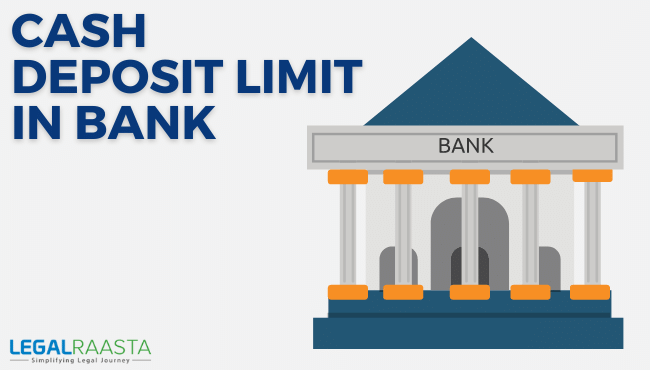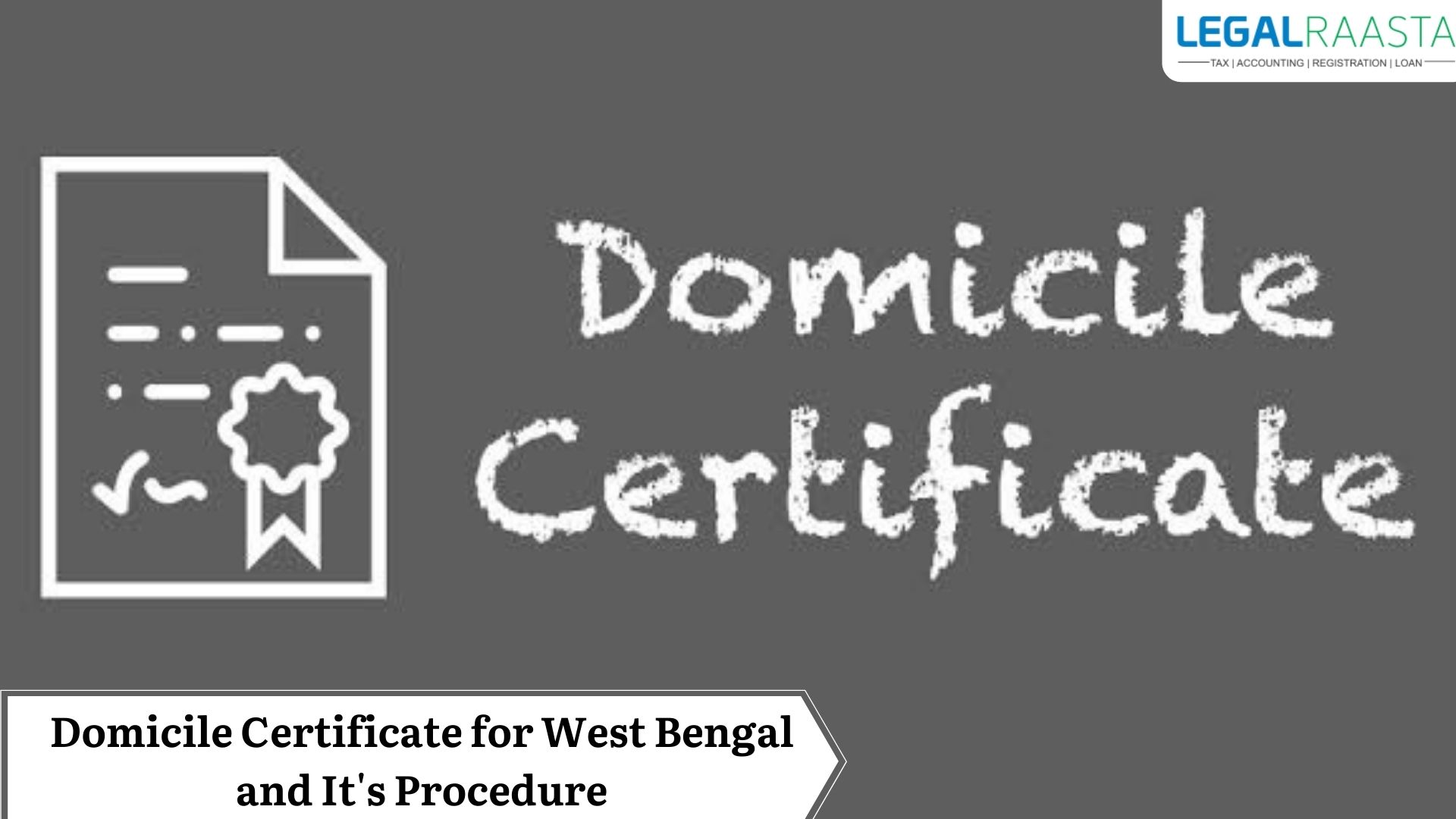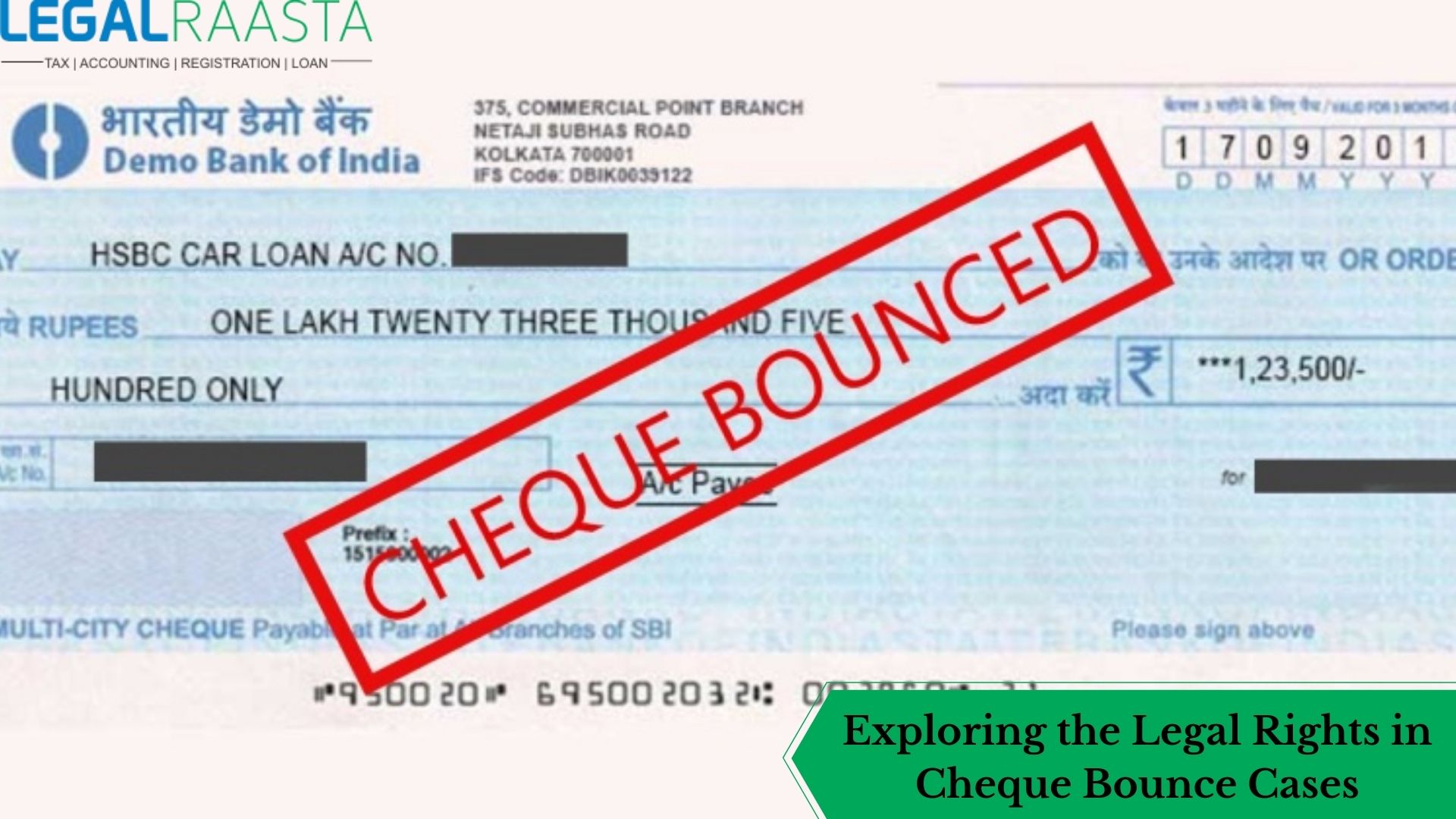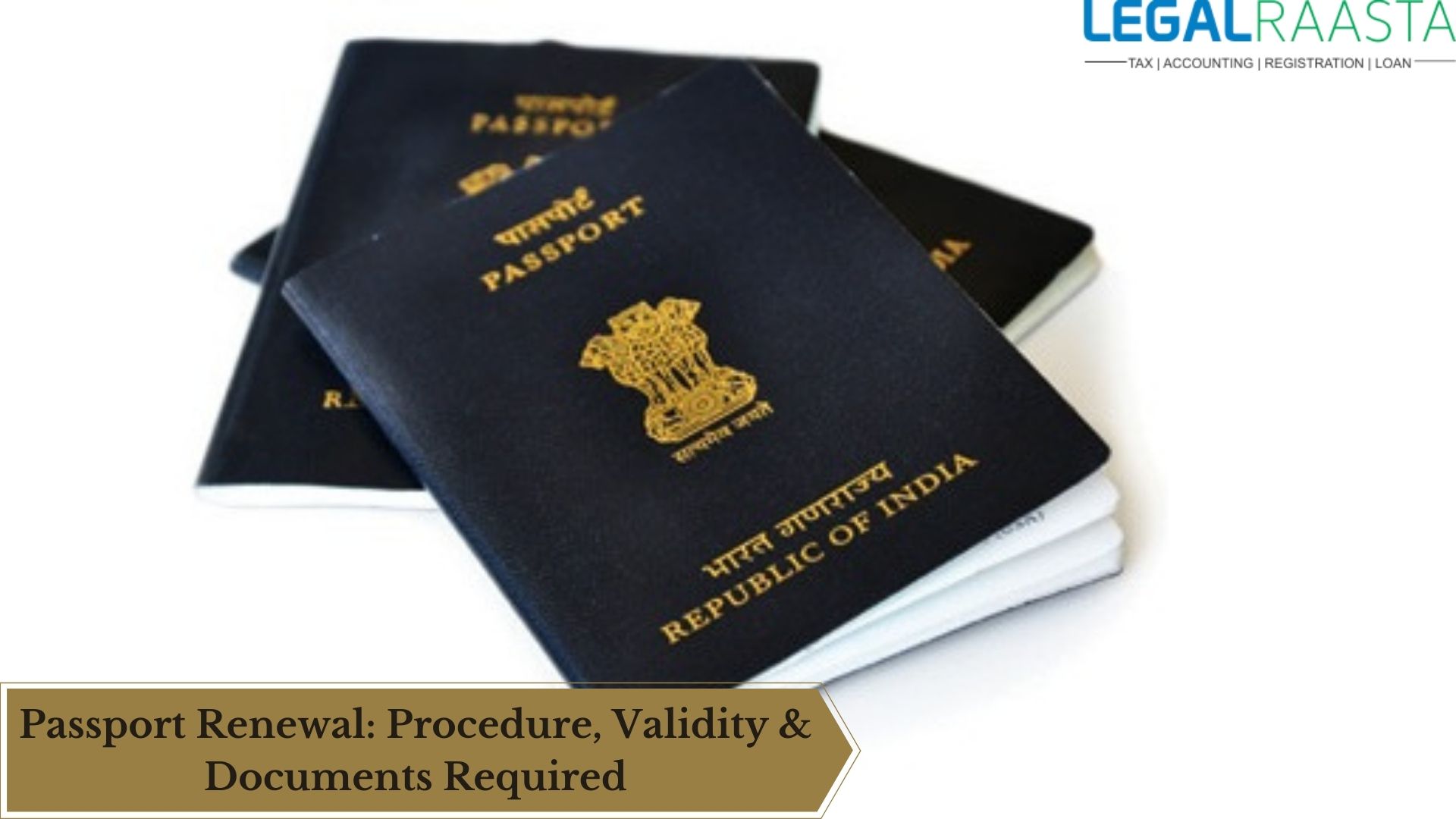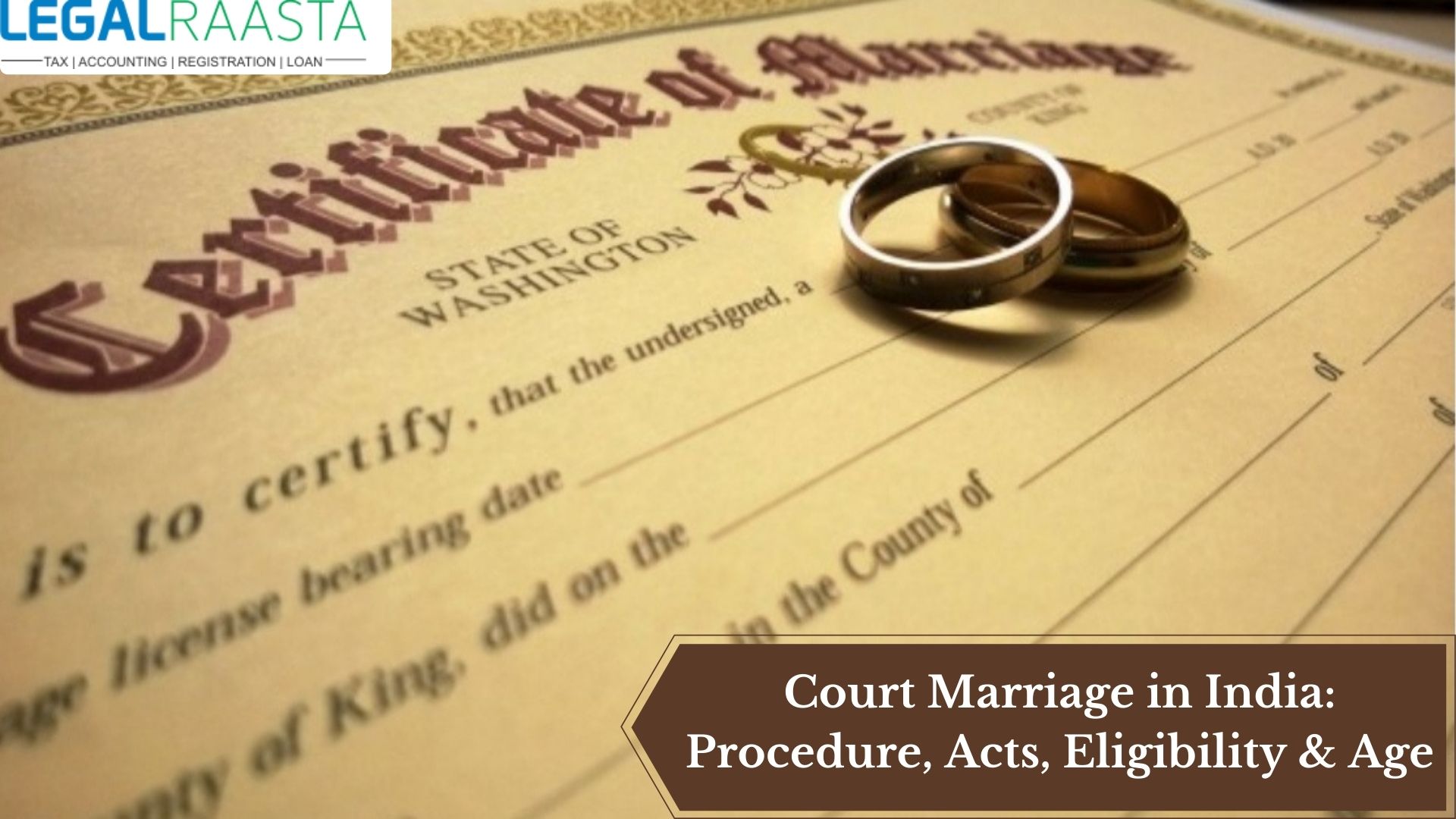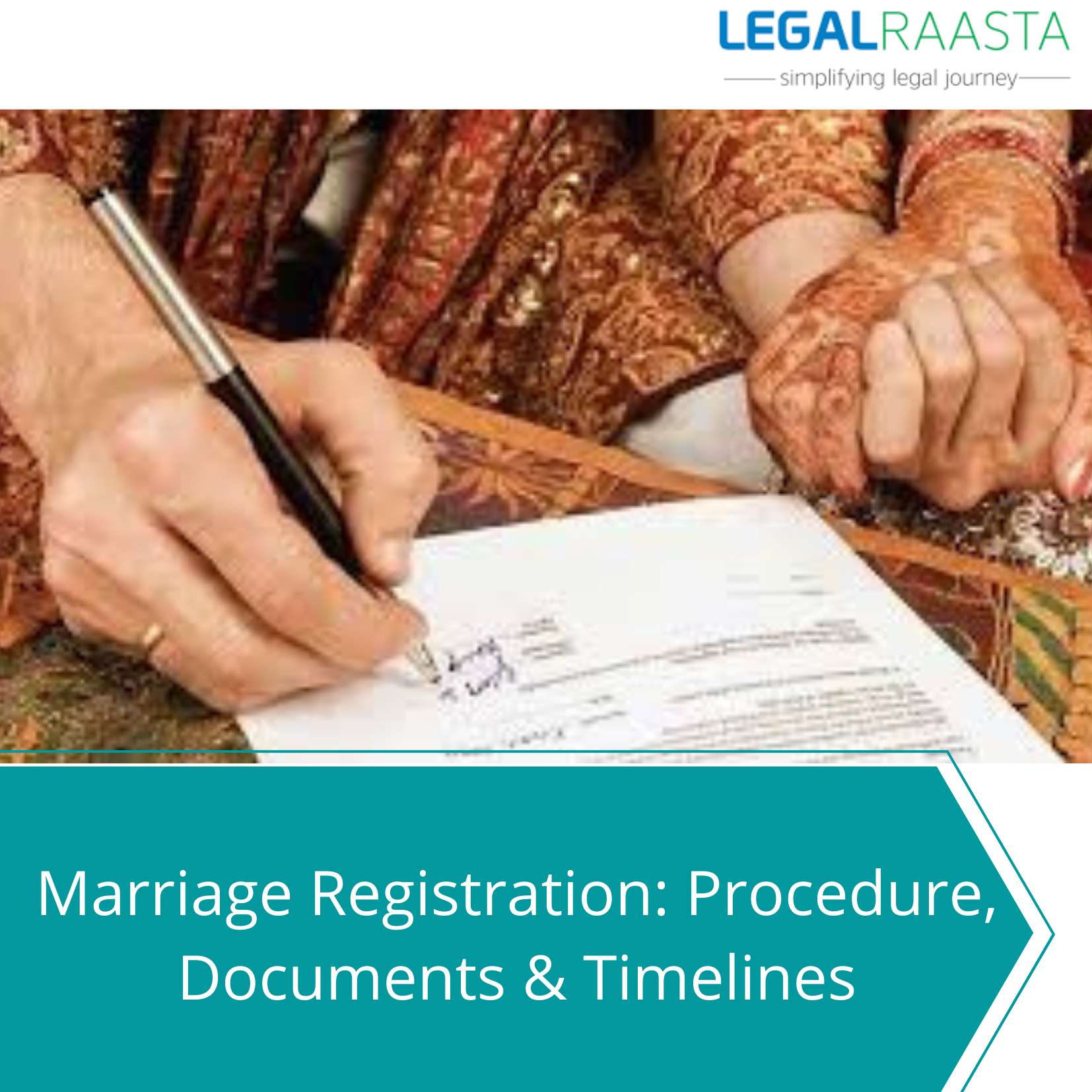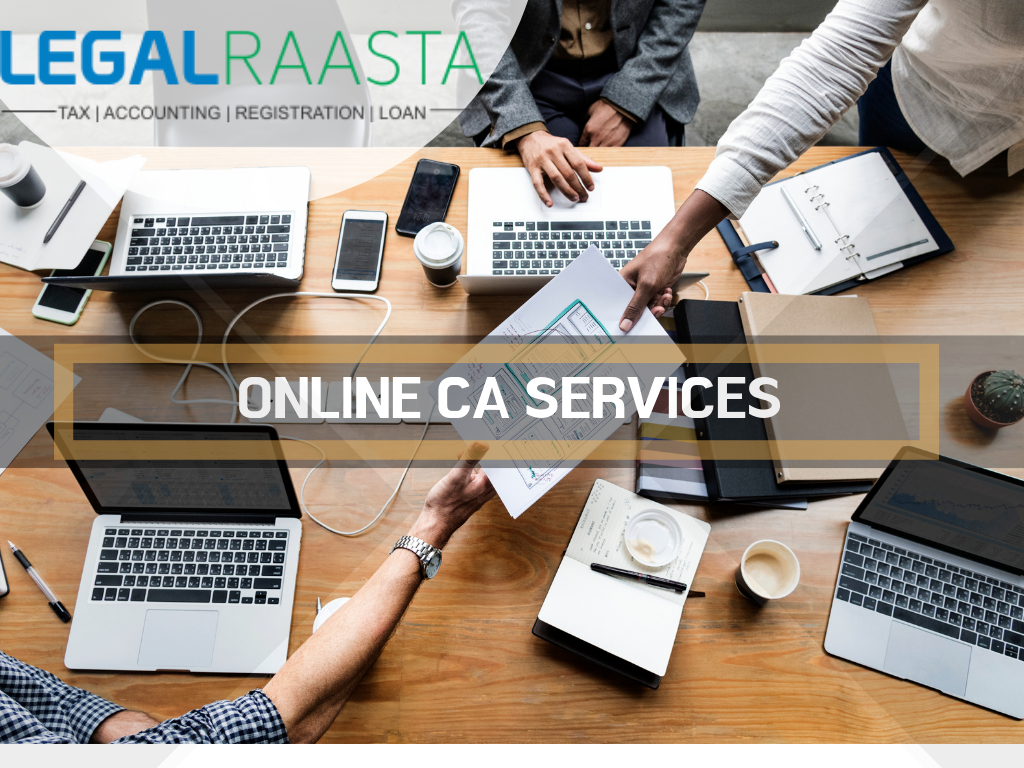e-Way Bill Basics
E-WAY BILLS
e-Way Bill (EWB) is the latest addition to GST for transport of goods for various business or non-business transactions over various intra-state and interstate distances which has to be generated if consignment value exceeds Rs 50,000.
In this article, we will look at what e-Way Bills are and how to go about ensuring you do not miss out on any details and formalities before you begin the transport of your goods over long distances.
Latest Updates to e-Way Bills
- All states are required to use e-Way Bills for intra-state movement of Goods
- E-way bill operations are compulsory for inter-state movement of goods for all states
Index :
- What is an e-Way Bill?
- When do you need an EWB?
- Who has to generate the EWB?
- Exceptional cases where EWB is not required.
- Documents Required.
- The validity of EWB.
- How to generate EWB?
1. What is an e-Way Bill?
e-Way Bill stands for electronic- Way Bill which is mandatory for transport of goods in a vehicle when the value of the goods exceeds Rs. 50,000 in a Single Invoice/Bill/Delivery challan.
EWB can be generated on the following platforms:
[caption id="attachment_24197" align="aligncenter" width="1366"]

e-way Bill Web Portal[/caption]
[caption id="attachment_24210" align="aligncenter" width="377"]

e-Way Bill Application[/caption]
- SMS
- Site-to-Site Integration(API)
These portals also provide the facility to cancel e-Way Bills
e-Way Bills when generated will give provide you with a unique 12-digit
EBN(e-Way Bill Number) which is available to Supplier, Recipient, and Transporter.
2. When do you need an EWB?
A transporter has to generate an e-Way Bill (EWB)
- In relation to a supply
- For motives other than supply ( for ex. return)
- Inward supply from an unregistered person
A supply constitutes the following:
- Sale of Goods
- Transfer of Goods to another location
- Barter Exchange (Exchange of Goods rather than goods for money ).
An e-Way Bill has to raised for certain
specific products even when the value of consignment is below Rs. 50,000:
- Interstate transport of handicrafts by the dealer who has been exempted from GST registration.
- Interstate transportation of goods by the principal to the job worker by registered job worker/principal.
3. Who can generate EWB?
- Registered Person- EWB have to be generated by individuals registered under GST for transport of goods to them or from them when the consignment of goods exceeds Rs. 50,000 in value.
- Unregistered Person- Unregistered people also have the option of generating an EWB. In addition to this, if a supply is made from an individual not registered under GST to a GST registered person, the recipient has to ensure the compliance requirements are met acting as if he was the supplier himself.
- Transporter - Transporters have to be ready with e-Way Bill as well if the supplier/consignor/consignee or all haven't raised the EWB( e-Way Bill) by filling out PART A of FORM GST EWB-01. If the transporter is carrying multiple consignments in a single delivery, they have to use form GST EWB-02 to produce a consolidated e-Way Bill which gives out the e-Way Bill numbers of each consignment.
4. Exemptions from e-Way Bill (Cases where EWB is not required)
- Transportation done from a non-motorized vehicle
- Goods transported from a custom port, airport, air cargo complex to Inland Container Depot(ICD) or Container Freight Station(CFS) for clearance from Customs
- Goods sealed by customs or being transported under the supervision of customs
- Products under Customs Bond from ICD to customs port or in-between custom stations
- Transit cargo to or from Nepal or Bhutan
- Goods transported because of defense formation with the Ministry of Defense as consignor or consignee.
- Transportation of empty cargo containers
- Transportation of goods from the place of business and a weight bridge within a distance of 20kms accompanied by a delivery challan.
- Goods transported via rail where any of Central Governments, State governments or local authorities are consignors
- Goods specified by State/Union territories GST rules as exempt from e-way Bill.
5. Documents Required
Following documents will be helpful for generation of EWB successfully.
- Challan/Bill of supply/ Invoice
- Road Transport - Vehicle Number or Transporter ID
- Rail, Air or Ship Transport - Transporter ID, Transporter document number, and date on the document.
6. Validity of EWB
The validity of e-Way Bill depends on the distance traveled by the consignment.
| Conveyance Type |
Distance |
Validity |
| Over Dimensional Cargo |
Less Than 20 Km
Additional 20 Kms |
1 Day
Additional 1 day |
| Others |
Less Than 100 km
Every Additional 100kms |
1 day
Additional 1 day |
7. How to generate EWB?
Here we enlist the basics steps.
Prerequisites for generating the bill.
- Login to the portal
- Generate New under the e-Way Bill options
- Select appropriate fields for outward and inward transaction types and their sub options
- Select Document Types and enter details
- Fill in Item Details
- Clicking Submit and e-way Bill in Form EWB-01 will generate a 12-digit EBN(e-Way Bill Number)
That's it! Your goods are now ready to go.
Here at
LegaalRaasta, we understand that all the procedures and compliance requirements can be a little overwhelming at times, and therefore, provide you with help through all the compliance requirements including
GST return formalities.
Along with GST services, compliances and
documentation, we specialize in
company registration compliance requirements for a wide range of companies like private limited company and
LLPs.
Shoot us an e-mail at
[email protected] or call us at
+91- to receive step-by-step simplification solutions on the daunting formalities of doing business in India.
 e-way Bill Web Portal[/caption]
e-way Bill Web Portal[/caption]
 e-Way Bill Application[/caption]
e-Way Bill Application[/caption]


